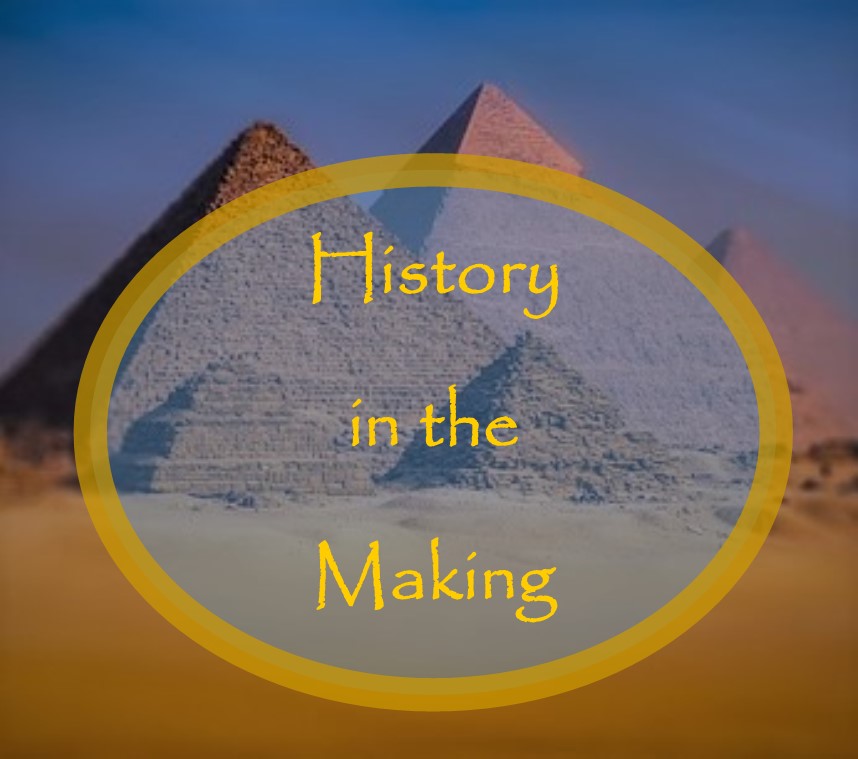
Writing with a Disability (Different Ability)
Helping Hands
It has now been over a month since Hurricane Helene tore through north-central Georgia where I live. The historical…
October 29, 2024
It has now been over a month since Hurricane Helene tore through north-central Georgia where I live. The historical…
October 29, 2024
Consider this scene: “Another final notice.” She glared at her husband, slapped the paper bill with the back of…
August 24, 2021
Marketing your book can be as difficult as writing it, but equally as important. If you don’t write the…
May 18, 2021
I read an article recently about actors that are great at what they do but not so great at…
April 6, 2021
The first thing I learned after my accident was every brain injury is different. You’ve probably heard me say…
November 29, 2019
In a solitary profession like writing, sometimes the thought of being an encourager to other writers might not occur…
June 11, 2018